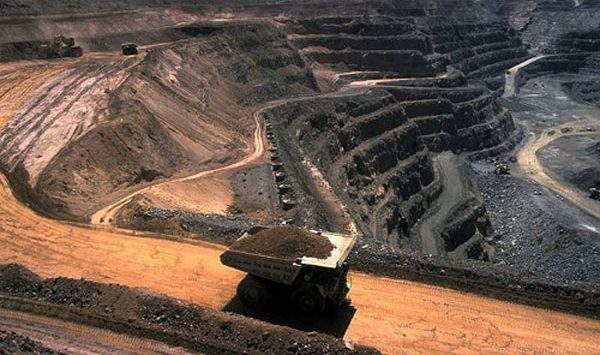- The subject matter is one grey area often hitting the headlines for all the wrong reasons. The aspirational societies around the globe are looking at avenues to not only advance a lot of the respective citizens but also position the nation as a successful entity surging ahead impressively. Developmental endeavors undertaken by every other country with this common objective in focus have also had a cascading effect on the environment, which is increasingly becoming an issue of concern, and rightly so. Uncharacteristically oblivious governments have proceeded ahead with ambitious expansionist plans at the cost of rendering the already fragile environment eco-system into an even more vulnerable.

PC: Sandesh Adhikari
- Nonetheless, increasingly aspirational societies cannot be stymied from progressing further just because the environmental concerns so assiduously upheld by the environmentalists pose considerable hurdles for the envisaged infrastructural projects. Striking a prudently thought-out common ground without disturbing the ecology should be what the modern-day elected governments should aim for by involving all stakeholders. Unfortunately, one-upmanship overtaking pragmatic considerations often lead to matters reaching the doors of the judiciary resulting in a stalemate that nobody desires.
- A case in point is how a mining state like Goa is rendered helpless in the absence of revenue generation opportunities being curtailed courtesy of lop-sided policies. Goa which goes to polls on February 14, largely dependent on mining and tourism revenues, has all the political parties in the fray promising to resume mining if elected to govern. The incumbent MLAs from 7 mining constituencies are having a tough time explaining the delay in issuing mining leases after the Supreme Court quashed the renewal of 88 mining leases in 2018. Sniffing political opening and opportunity, opposition parties are promising to issue new leases within six months if voted to power.

PC: Ayaskant Das
- Note that the Goa mining fiasco has been a poor advertisement for governance in India. The failure to renew leases after they expired in 2007 combined with turning a blind eye to environmental violations had culminated in the mining ban between 2012 and 2014. Inexplicably, the renewal of 88 mining leases instead of issuing fresh leases, coupled with non-recovery of amounts due from old lessees for illegal mining between 2007 and 2012, led to SC quashing the leases in 2018. As is its wont, the incumbent BJP government attempted to restart mining, with elections in mind, by setting up a PSU mining corporation and auctioning eight leases but neither took off.
- Mind you, during the mining boom, the government earned revenues of Rs. 950 crore in 2011-12, which dropped to a lowly Rs. 6 crores in 2019-20. A huge loss of revenue for a small state with outstanding debt of over Rs. 20,000 crore. Most importantly, income loss for the nearly 3 lakh people dependent on mining robbing employment generation opportunities too. However, given environmental concerns, devising sustainable mining practices is the only way ahead for the mining industry or other developmental projects. Environment and development can coexist if scientifically evolved strategies and policies are put into action. Hopefully, the authorities will keep these criticalities in mind whilst framing acceptable guidelines.






